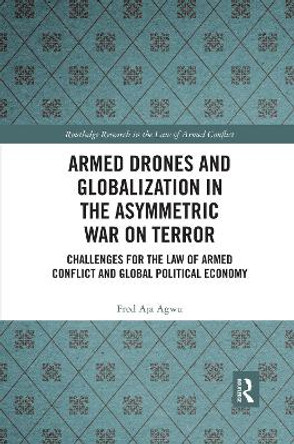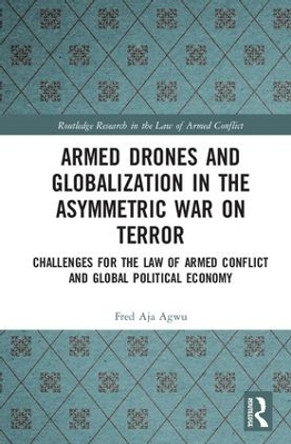Description
This book is the first to provide a comprehensive examination of the entities responsible for the production of data on armed conflicts (DAC), the processes by which it is generated, and the international norms that govern it. While numerous studies have focused on the statistical aspects of armed conflicts, this book distinguishes itself through its historical analysis of the relationship between actors, data generation methods, and international norms.
The book begins with an examination of the nature of data in international politics. The vast scale of the subjects being analyzed presents significant challenges to accurately measuring international political data, with war being particularly difficult to assess. This raises the question of how DAC has been structured and generated. The book highlights the existence of specific international norms as a basis for DAC. It explores the history of international norms for the protection of war dead in collecting casualty information, as well as norms for civilian protection. The book posits that DAC has been generated not only by sovereign states but also by global networks comprising international organizations and NGOs. It thus analyzes the historical development of such global networks. In the latter part of the book, the methods by which global networks generate DAC are analyzed. First, it clarifies when and how statistical analysis has been used in generating DAC. Second, it elucidates when and how forensic analysis, primarily of corpses, has been employed. Thirdly, the book reveals when and how chemical weapons analysis has been utilized.
This book offers a valuable investigation into the generative structure of DAC and mechanisms for ensuring compliance with international humanitarian law. It will appeal to a broad audience of policymakers, human rights activists, humanitarian practitioners, and academics.
About the Author
Dr. Motomichi Igarashi received his Ph.D. in International Relations from the University of Sussex in 2013. Since then, he has conducted research and lectured on security issues at Hokkaido University and Kansai University. In 2023, he was appointed Professor of International Relations at the School of Policy Studies, Kansai University.
In 2016, he published his first solo-authored book, Humanitarianism and Trusteeship: From Colonial Administration to Peace Building, in Japanese. This book, based on his doctoral dissertation submitted to the University of Sussex, garnered attention for its innovative analysis of power structures in peacebuilding and was reviewed in various newspapers and journals. In 2023, he published his second solo-authored book, War and Data: How the Dead Became Numbers, in Japanese, which earned him the Osaragi Jiro Rondan Award for 2023. The Osaragi Jiro Rondan Award is an academic prize sponsored by the major Japanese newspaper Asahi Shimbun, awarded to the most outstanding book in the fields of politics and economics within a year.
Dr. Igarashi has authored various papers on security issues, including "Scientific Data on Civilian Casualties and International Criminal Court" (2020), "U.S. Reluctant Interventions and Sovereignty" (2019), and "The Struggle over the Representation of Armed Conflicts: Human Rights NGOs, Sovereign States, and Post-Colonial Conflicts" (2018). All of these papers are peer-reviewed and written in Japanese.
Regarding research funding, Dr. Igarashi has received grants four times from the Ministry of Education, Culture, Sports, Science and Technology, and once from a private organization. His current research project analyzes the impact of digital witnesses on the generation of armed conflict data, supported by a grant from the Ministry of Education, Culture, Sports, Science and Technology (2022-2025).
Book Information
ISBN 9789819764174
Author Motomichi Igarashi
Format Hardback
Page Count 170
Imprint Springer Nature
Publisher Springer Verlag, Singapore







